Ever wondered why your nails chip so fast after painting? The secret to a long-lasting manicure might surprise you. It’s not just about the polish or how you apply it. It’s about how dry your nails are before painting.
Proper nail preparation is key to a salon-perfect look at home. Before painting, it’s important to dry out your nails. This step is often overlooked but crucial for a great manicure. It involves removing moisture and preparing the nail surface.
In this guide, we’ll show you quick and easy ways to prepare your nails. You’ll learn why moisture is bad for polish and how to fight it. Get ready to improve your at-home manicure and avoid chipping and peeling!
Key Takeaways
- Dry nails are essential for a long-lasting manicure
- Proper nail preparation includes removing moisture
- Avoid common mistakes that introduce moisture to nails
- Use specific tools and techniques for effective nail drying
- Learn quick-dry methods for time-sensitive situations
The Importance of Proper Nail Preparation
Getting your nails ready for a manicure is essential for a perfect finish. By preparing your nails right, you’re setting up for a manicure that lasts and looks professional.
Understanding the Role of Moisture in Nail Painting
Moisture is a big problem for nail polish. If your nails are damp, the polish won’t stick well. This can cause bubbles, peeling, and chipping. It’s important to dry your nails before painting to get a smooth finish.
Benefits of Starting with Dry Nails
Starting with dry nails has many benefits:
- Better polish adhesion
- Smoother application
- Reduced chipping
- Longer-lasting results
Common Mistakes to Avoid
To get the best results, avoid these common mistakes:
- Rushing the preparation process
- Applying thick polish layers
- Skipping the base coat
- Using quick-dry polishes for full manicures
Avoiding these mistakes and focusing on proper preparation will help you avoid smudged polish. You’ll get a beautiful, long-lasting manicure.
Essential Tools for Nail Drying
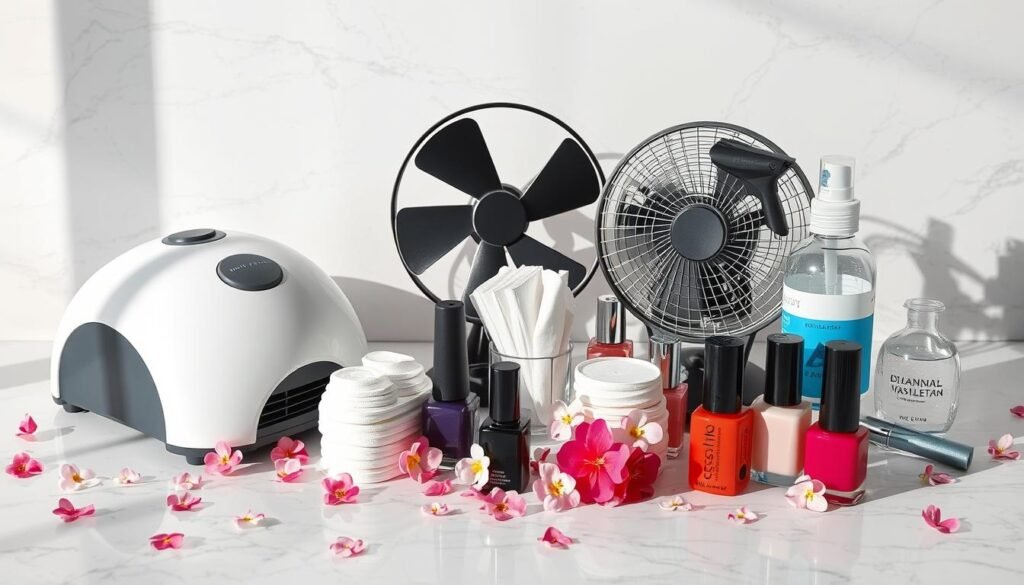
Getting your nails ready for painting needs the right tools. Let’s look at the essential items for drying nails and getting rid of dampness.
To dry nails perfectly, you’ll need a few key items. Start with acetone-free nail polish remover and lint-free pads. These clean your nails without leaving residue. A cuticle pusher and nail file shape your nails, while a buffer smooths the surface.
For painting, invest in quality base and top coats. These seal your nail color and make it last longer. Don’t forget cuticle oil – it’s key for nail health and should be applied nightly.
| Tool | Purpose | Importance |
|---|---|---|
| Acetone-free remover | Removes old polish | Gentle on nails |
| Lint-free pads | Cleans nail surface | Prevents residue |
| Cuticle pusher | Shapes cuticles | Prepares nail bed |
| Nail file | Shapes nail tips | Creates desired shape |
| Buffer | Smooths nail surface | Ensures even polish application |
For gel applications, a UV or LED lamp is key. These tools cure gel polish, making it last longer. A fine liner brush helps you get neat corners and edges, perfecting your manicure.
Using these tools, you’ll master nail drying techniques and get your nails ready for painting. Remember, quality tools greatly improve your manicure’s look.
How to Dry Out Nails Before Painting
Getting your nails ready for painting starts with drying them out. This step is key for polish to stick well and last longer. We’ll look at ways to remove nail moisture and get your nails ready for a perfect manicure.
Cleansing and Dehydrating Techniques
Start by cleaning your nails with an acetone-free remover. This removes oils and dirt, helping polish stick better. Push back your cuticles and shape your nails. But don’t soak your nails, as it adds too much moisture.
Using Nail Primers and Dehydrators
Nail primers and dehydrators help dry nails for painting. They take away extra moisture and oils. Put a thin layer on each nail and let it dry before your base coat.
Natural Methods for Moisture Removal
For natural ways to remove nail moisture, try these:
- Air dry your nails after washing your hands
- Gently buff your nail surface for better stick
- Use a clean, lint-free cloth to wipe each nail
Remember to finish with polish and top coat to prevent chipping. By following these steps, you’ll get a manicure that lasts and looks great.
Quick-Drying Techniques for Time-Sensitive Manicures
When you’re in a hurry but want perfect nails, quick-drying techniques are essential. Start by applying thin layers of polish. Let each layer dry completely before adding the next. This approach prevents smudges and speeds up drying.
For even faster drying, use a fast-drying top coat. It seals in color and cuts drying time. Another trick is dipping your nails in ice-cold water for a few seconds. This helps set the polish quickly.
Wondering how to dry nails before painting? Avoid using hair dryers. Heat can cause bubbles and mess up polish setting. Instead, choose sheer shades for quicker drying and fewer coats.
While quick-drying methods save time, don’t skip proper drying time. Always let your nails dry naturally for the longest-lasting manicure.
FAQ
Why is it important to have dry nails before painting?
What are the benefits of starting with dry nails?
What are some common mistakes to avoid when painting nails?
What are the essential tools for nail drying?
How can I cleanse and dehydrate my nails before painting?
What are some natural methods for moisture removal?
How can I speed up the drying process for a quick manicure?
Source Links
- How to get good — great, even — at painting your nails – https://www.verygoodlight.com/2022/09/19/how-to-paint-your-own-nails/
- How To Paint Your Nails Perfectly, Every Single Time – Beauty Bay Edited – https://www.beautybay.com/edited/how-to-paint-nails/
- 21 Game-Changing Nail Secrets Only Manicurists Know – https://www.glamour.com/story/how-to-paint-your-nails-manicurist-advice

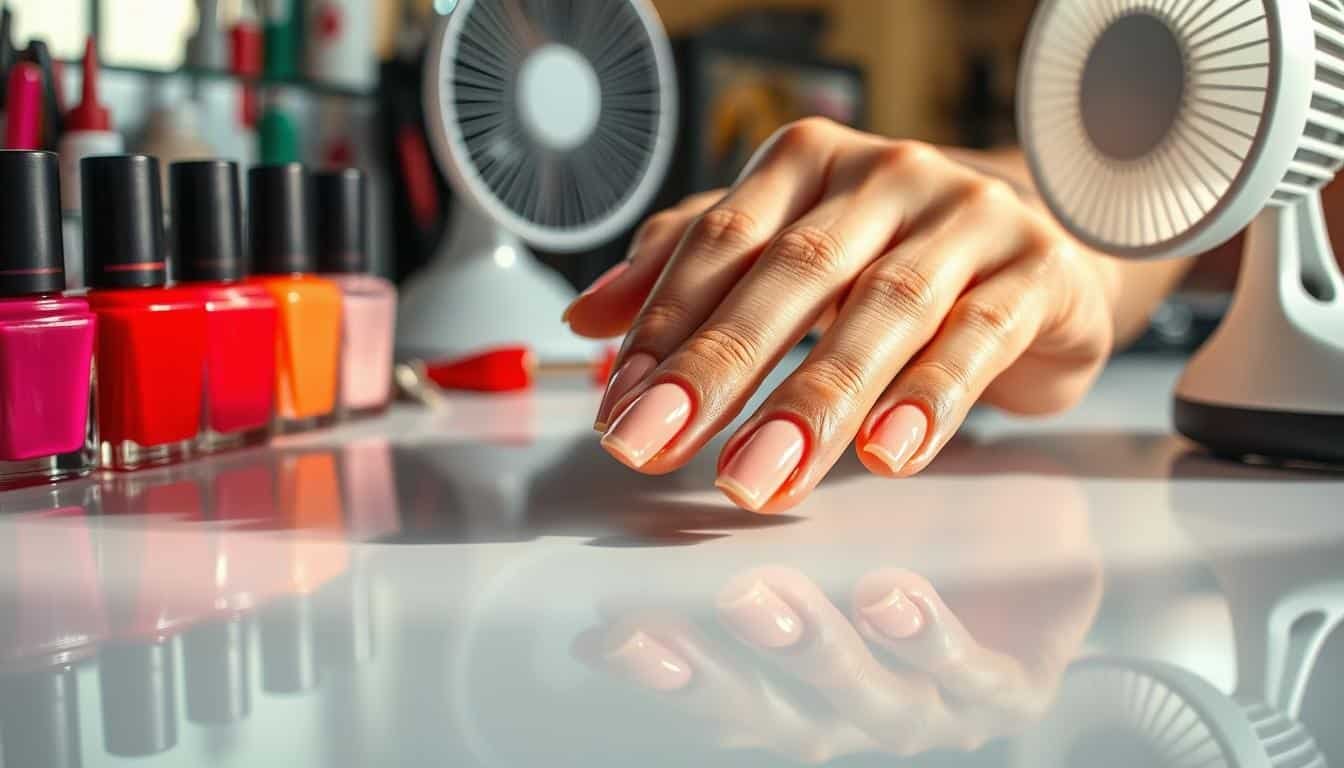

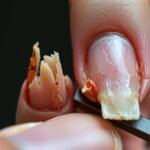
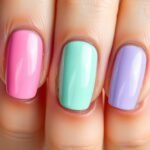

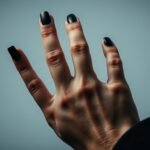
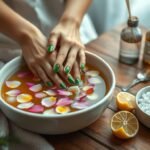
Interesting, but what if I want that messy, post-swim look? Does moisture really ruin everything or can it create cool effects?
Interesting read, but isnt it easier to fix a smudged nail than suffer from brittle ones due to excessive drying? Just a thought.
Interesting read, but isnt air drying nails before painting a bit outdated? Arent quick-dry solutions more practical these days?
Practicality isnt everything. Sometimes, the old-fashioned ways bring out the best results.
Interesting article but why not explore using a hairdryer to speed up the drying process? Might be a game changer, just saying!
Interesting read but isnt air drying nails environmentally friendlier than using a nail dryer? Just food for thought. Lets go green, ladies!
Interesting point, but isnt time also a resource? Efficiency matters too. Just another perspective.
Honestly, I think this whole dry nails before painting is overrated. Ever tried it with slightly wet nails? Works just fine for me.